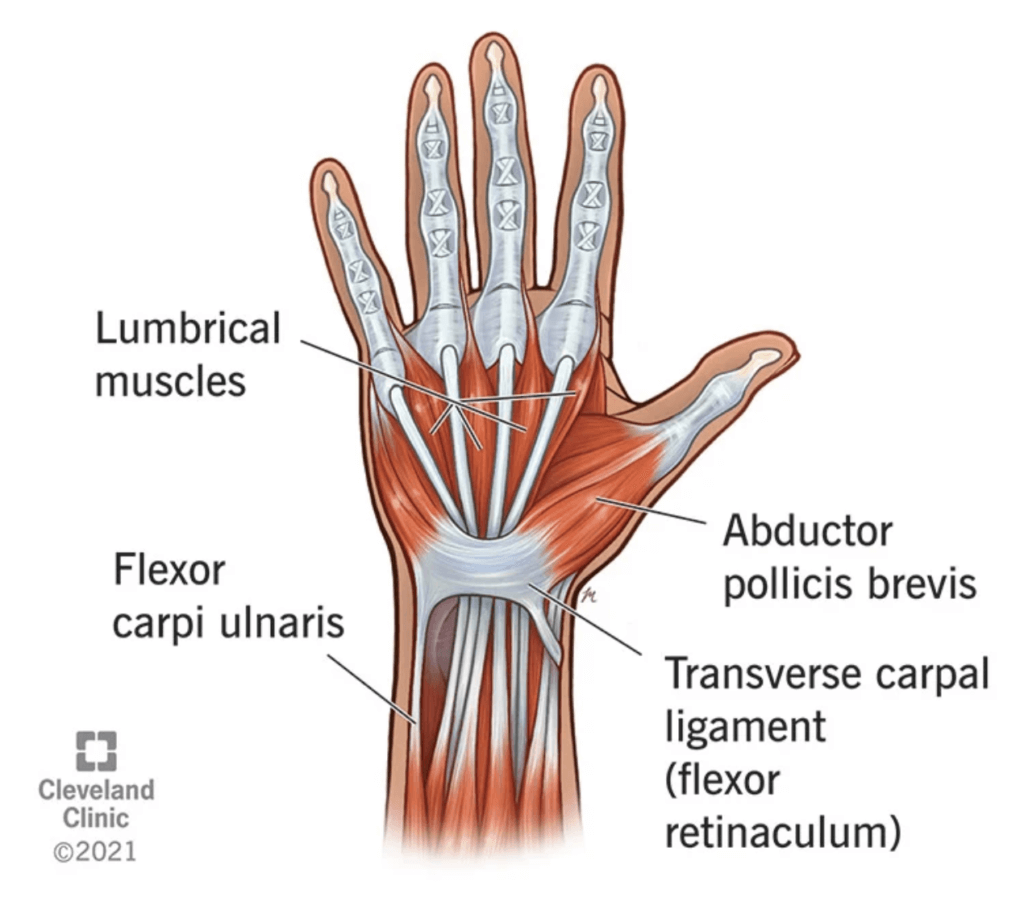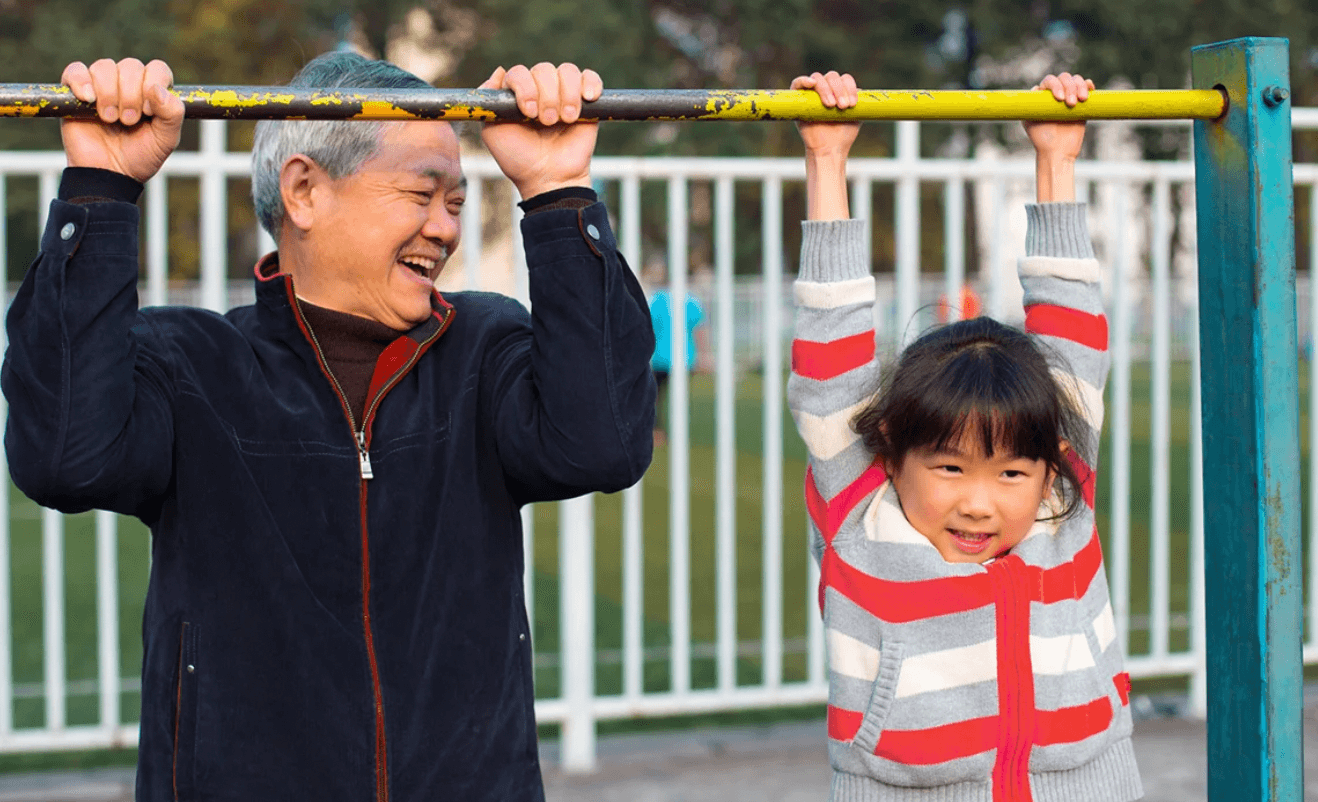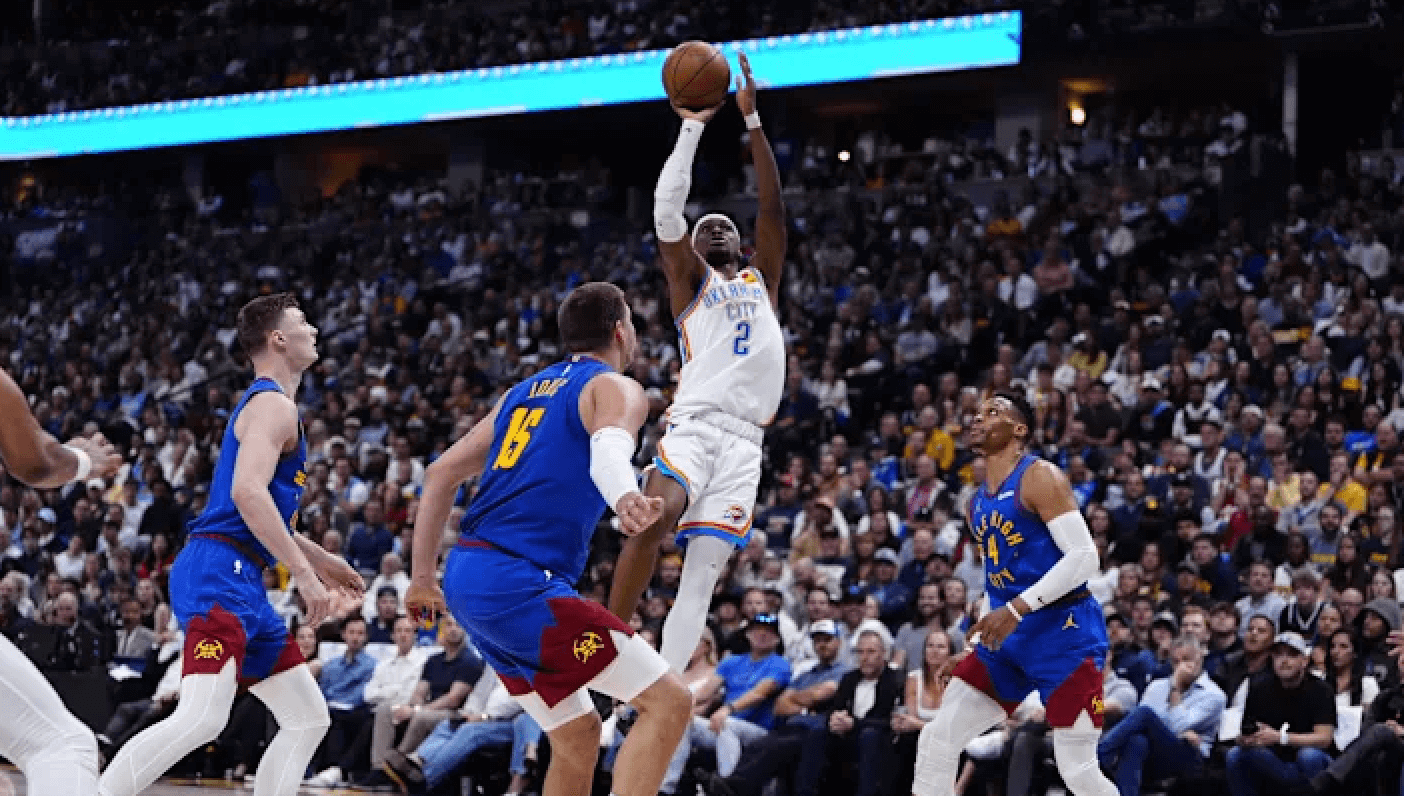Grip strength, a measure of force produced by the muscles of the forearm, is necessary to grasp objects and is related to a person’s ability to perform activities of daily living independently. The first sign of this for many is noticing a frequent dropping of objects. For some, these deficits can present over time and can lead to significant difficulty when performing both mundane daily tasks as well as recreational activities.

Causes of Weakness
There are several reasons someone may develop grip strength deficits. Generally, grip weakness is associated with aging. But what causes this specifically? It can be the result of disuse; as people engage in fewer activities requiring grasping objects, the muscles responsible for this action are not being engaged and subsequently become weaker over time. For others, it may be the result of neurological dysfunction. For example, someone who has experienced a stroke, cervical radiculopathy, or nerve entrapment in the arm may develop weakness due to an impaired ability to activate and use the muscles necessary for gripping. Regardless of the cause, this can significantly impact a person’s ability to maintain their independence and overall quality of life. Thankfully, physical therapy can provide a solution to this problem.
Strengthening Through Physical Therapy
The first step in addressing grip weakness is identifying the causes specific to an individual. Strength, flexibility, and range of motion will all be assessed by a physical therapist to identify which factors may be contributing to the symptoms. The wrist flexors and extensors are muscle groups that make up the bulk of the forearm musculature and contribute greatly to a person’s ability to grasp an object. Assessing the strength of these muscle groups is essential and helps to determine an effective treatment plan. Depending on the specifics of the symptoms, a physical therapist may screen the cervical spine to identify potential contributions to the symptoms stemming from nerve impingement at the neck. Once all relevant information is gathered, a physical therapist will prescribe exercises aimed to improve neuromuscular control, strength, flexibility and range of motion.
Regaining independence and returning to recreational activities requiring grip strength starts with a plan tailored to an individual’s specific needs. This can be done through consultation with a licensed physical therapist. If you notice any neck pain, numbness or tingling, or forearm pain in conjunction with difficulty grasping objects, physical therapy can provide a path forward. Call Respire Physical Therapy at 703-671-1871 or click here to schedule an initial evaluation to work with a skilled therapist to regain your function and independence!
Tags: regain your movement freedom, grip strength, choosept, hand pain, arlingtonva, alexandriava, fallschurchva, ptworks, Physical Therapy, wrist pain, Respire Physical Therapy, health blog, physical therapist, pt education



